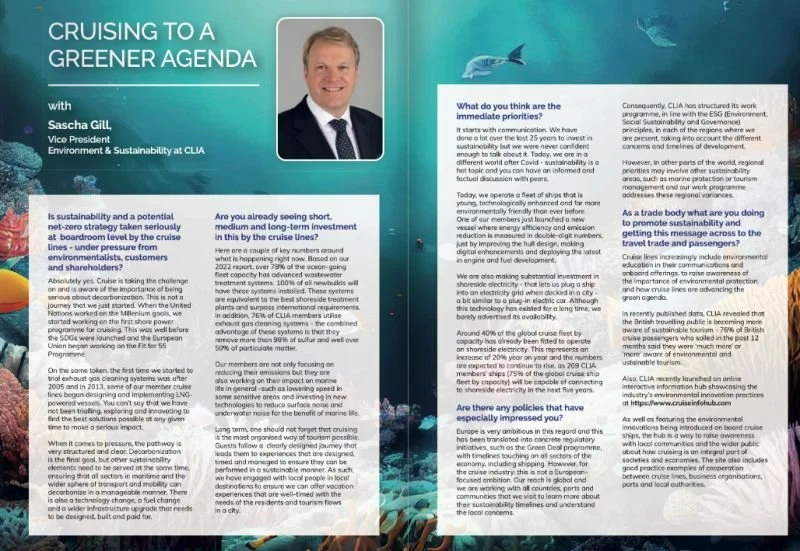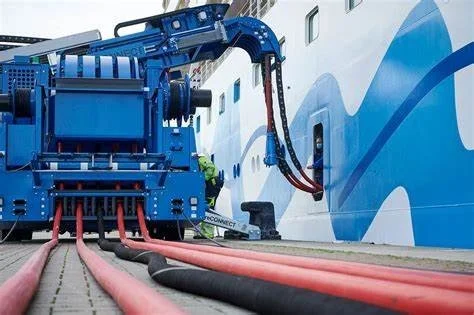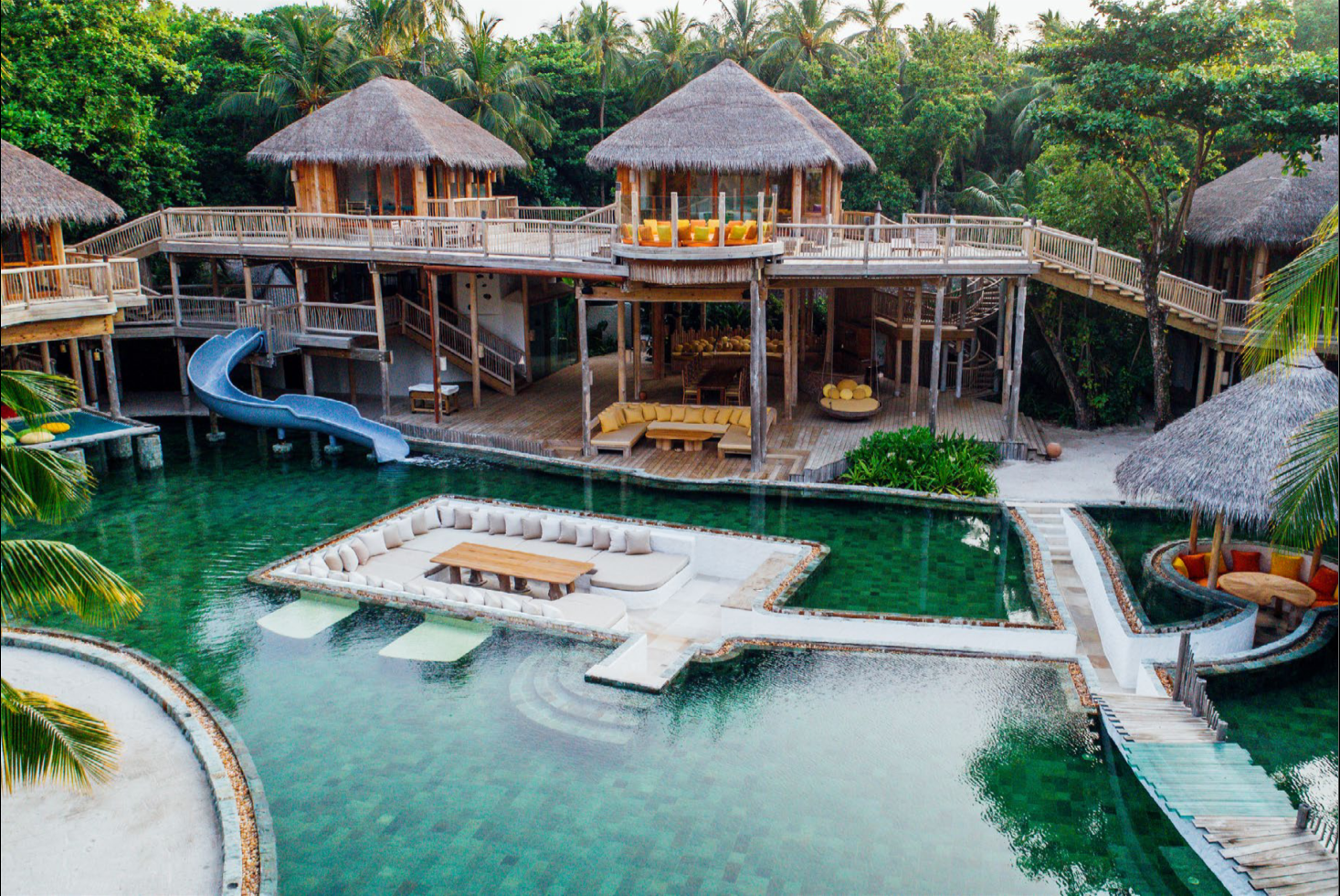All in sustainability
The world’s largest funding programme for net-zero and innovative technologies supports the Maritime Sector in reaching its Decarbonization Goals!
On Tuesday, 13 June 2023, Innovation Fund Expert Group members were invited to discuss, present and elaborate on the technology enhancements and the investment needs to decarbonise the maritime Sector. Various technologies were introduced, including Carbon Capture, Fuel Cell technology, Multi-Fuel Engines, Onshore Power installations and fuel options such as Methanol, Ammonia…RFNBOs… to name a few.
What happened to Renewables in 2022?
Renewables 2022 is the IEA’s primary analysis on the sector, based on current policies and market developments. It forecasts the deployment of renewable energy technologies in electricity, transport and heat to 2027 while also exploring key challenges to the industry and identifying barriers to faster growth.
Ocean Titans - The new Film by the World Ocean Council
The cruise industry is committed to sustainability. We want to protect the oceans we sail on, the air we breathe and the destinations we visit. At a global level, CLIA members have announced a vision for net-zero carbon cruising by 2050, and action is taking place now to achieve this vision.
ISO - Net Zero Guidelines
Launched at COP27, the Net Zero Guidelines tackle a major road block for a world where greenhouse gas emissions are reduced to the minimum and balanced by removals: the fragmented net zero governance landscape. Competing approaches and concepts for "Net Zero" sow confusion. The Guidelines provide a common reference for collective efforts, offering a global basis for harmonizing, understanding, and planning for net zero for actors at the state, regional, city and organizational level.
Simplified ESG Roadmapping for the Inland Waterways
Have you ever been in a situation where you needed help figuring out where to start with a rather complex topic? ESG is just one of the vast topics that can be daunting. The IG River Cruise, the Leading European River Cruise Association, has talked about this issue by providing a voluntary roadmap on how to go about the structure and research on this topic.
How can you influence Sustainability by writing your Worldwide Standards?
The River Cruise Industry did just that! Developing sustainability and safety standards that should help individual shippers and large-scale cargo operators make the rivers safer and more sustainable. Based on the ESG principles, the standard allows the data to be later reported as per European Directive.
The Green Award, a Partnership for Sustainability
Established in 1994, the Green Award was first launched as a safety and environmental program for shipping. The Foundation, which is based in Rotterdam / Netherlands, is governed by representatives of the maritime industry and has been awarded the Heyerdahl Award in 2001 for its efforts in supporting sustainable development.
Audacity meets Science
One could think that a spaceship has landed, looking at the latest innovation in state of the art collaborative science at sea. The new vessel called “Earth 300” will be the CenterPoint of a science project that will constantly monitor the environmental impact at sea, and teach us about it.
The European Union Targets. Impact on Shipping (Part 3)
In the previous section of this three-part story, we have been looking at the European Union’s target to reduce CO2 emission by 55% in 2030. In this last part of the series, we will look at the final implications this has on Shipping.
The European Union Targets minus 55% (Part 2)
In Part one of this story, we discuss how these targets came about. This second part will look at how technology has evolved during the past 20 years and how this will impact Shipping.
The European Union Targets minus 55% CO2 Emission by 2030. What does that globally mean for Shipping? (Part 1)
The global race for reducing CO2 Emission is on. The United States has pledged to zero-emission by 2050, with the power generation sector supposedly reaching this goal in 2035. China has also pledged to achieve zero-emission by 2060. Why ten years later? Simply because in Asia and globally, China is one of the biggest emitters of CO2, and it will probably take longer to change practice.
The most inspiring responsible tourism accommodation provider or an unusual view behind the scene.
Our philosophy of Intelligent Luxury revolves around understanding what true luxury is for our guests today. Today, wealthy members of society are markedly different from those in the past, and their idea of luxury has similarly changed. For guests who live in congested and polluted concrete jungles, it is a luxury to dine on a freshly picked salad, grwom in our organic garden while breathing fresh air and enjoying a stunning view. Such experience is rare in a the modern world, and combined with the space, privacy and comfort of our villas and the intuitive service provided by our hosts, we create intelligent luxury.
Bookmarks for slow tourism or a deceased printing item in the hotel?
Printed items in a hotel room are getting more and more out of fashion. The tablet and the interactive television is moving into the bedroom and Netflix has become one of the standards for in-room entertainment. But what happened to the “offline” - “home from home” environment?















